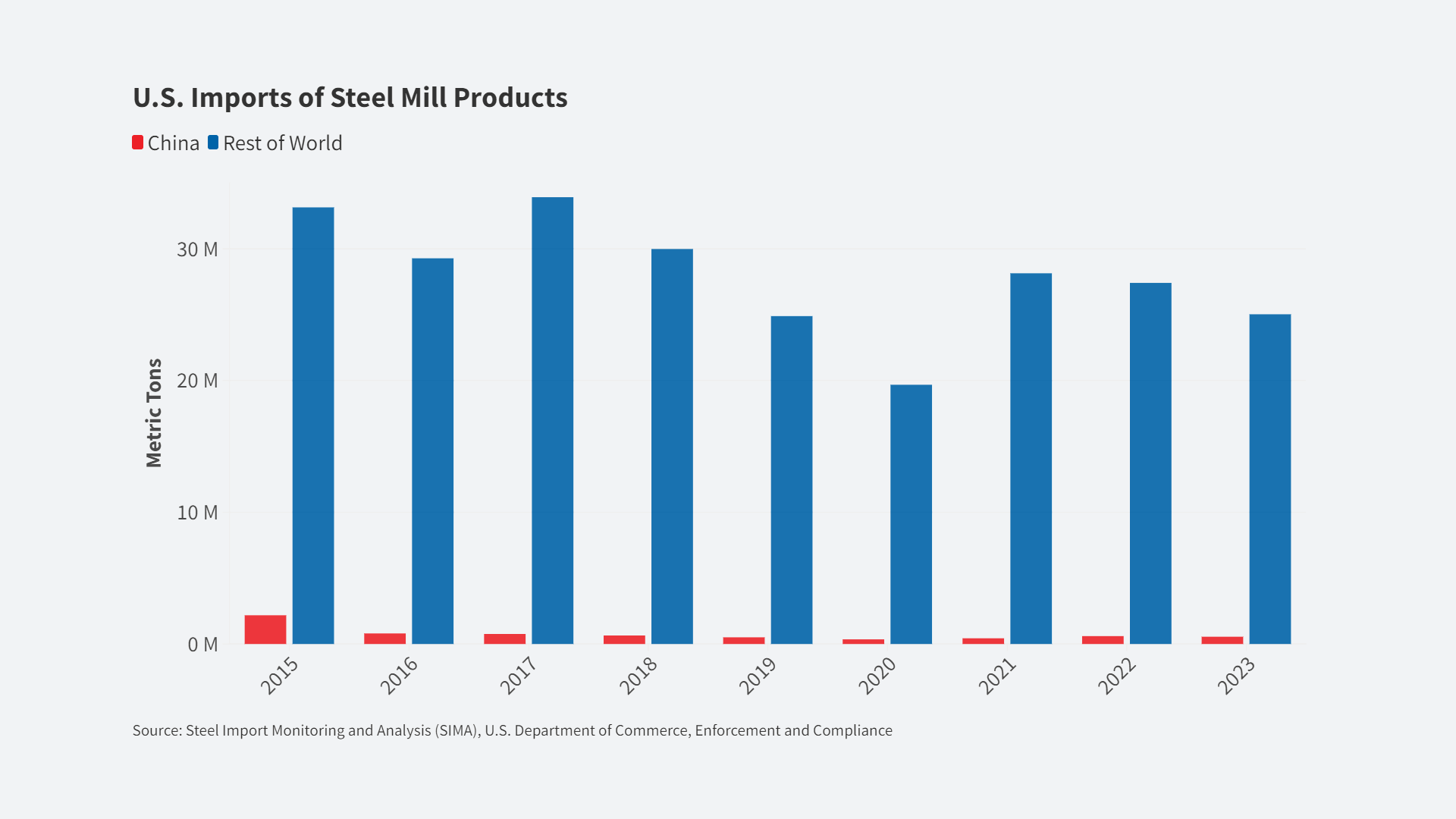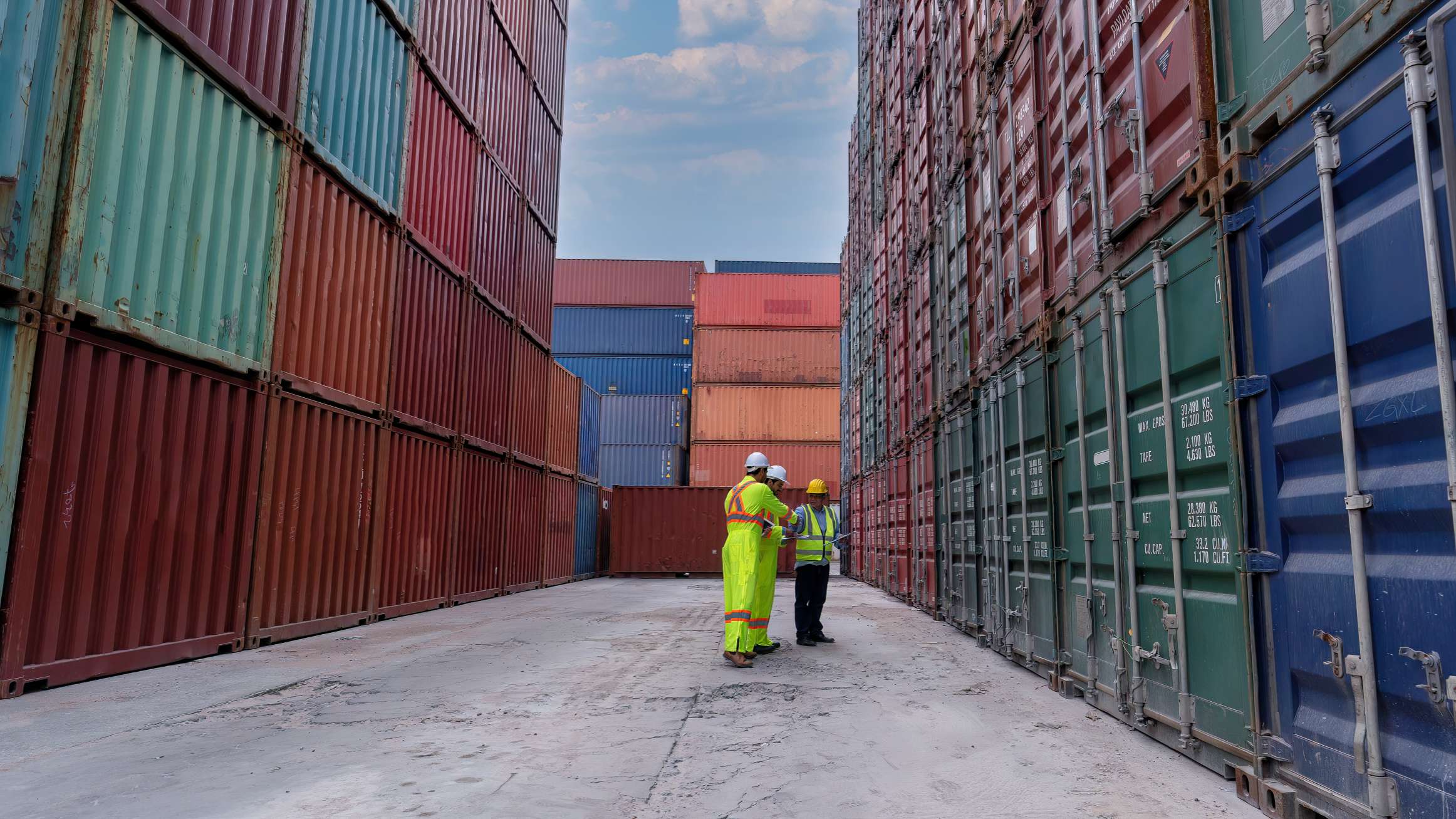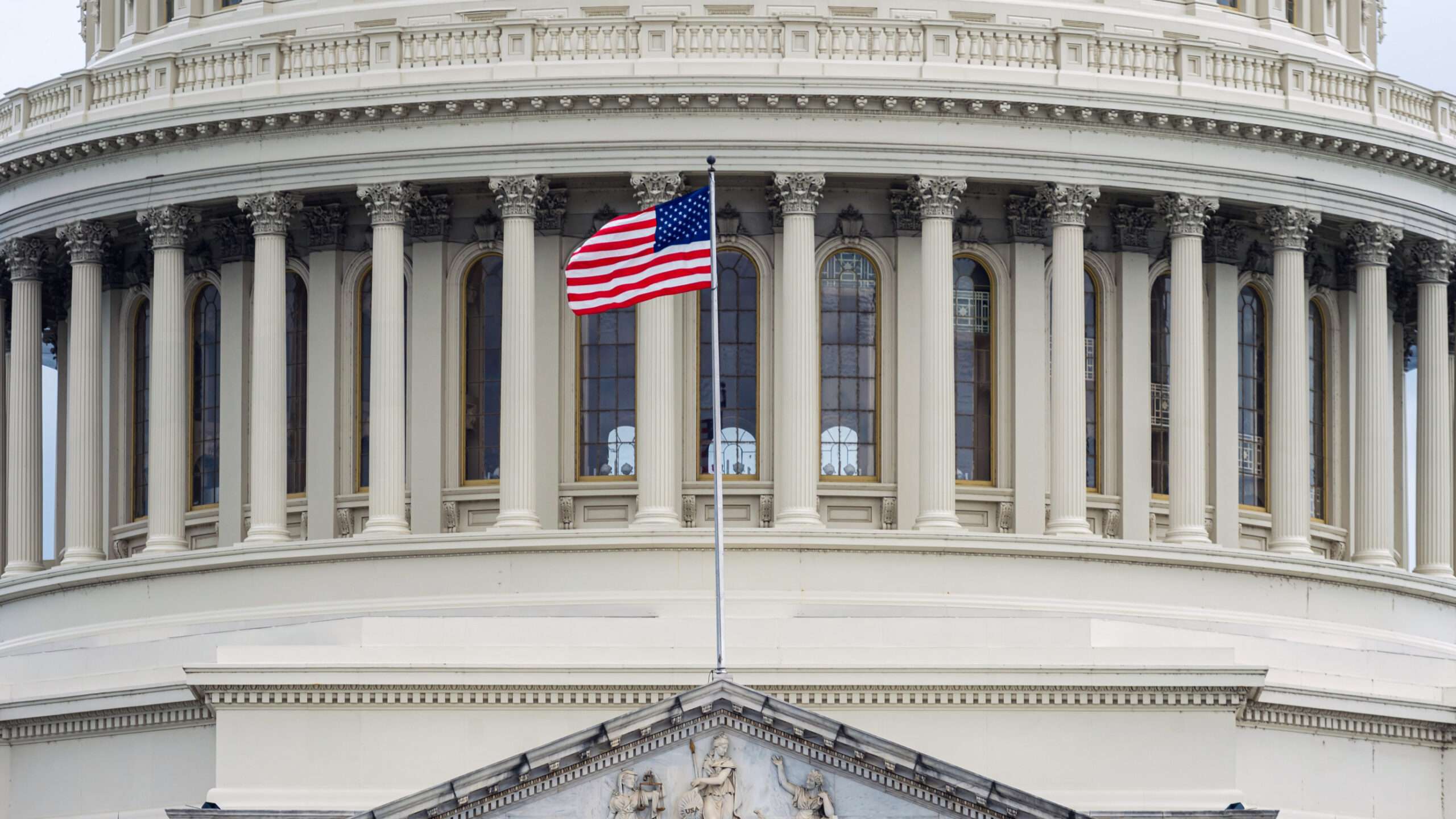WASHINGTON (Reuters) – The top U.S. trade negotiator said late on Tuesday that President Donald Trump is determined to challenge China’s use of unfair subsidies and “non-economic” industrial policy to build up export industries that are costing American jobs.
[ David Lawder | July 26, 2017 |Reuters]
U.S. Trade Representative Robert Lighthizer, in a rare media interview, said that the Trump administration would work to hold China’s practices to the rules of the World Trade Organization, an organization that he has criticized for being ineffective in enforcing fair trade.
Speaking on the syndicated “Kevin McCullough Radio” conservative talk show, Lighthizer said there was “no question that China has an industrial policy that is designed to create jobs and wealth in China.”
“Our objective is not to let that go on in an unfair way.”
Lighthizer, a longtime steel industry trade lawyer who served as deputy USTR in the 1980s, said there were many examples of China’s WTO violations, including dumping of products below cost, unfair subsidies for state firms and other “non-economic” policies.
“You have to take on their industrial policy one way or another,” Lighthizer said. “For example, they will develop an industry behind a closed market in China. When that industry is developed with subsidies and with protection, they’ll then let it loose on the world.”
He said this has happened in steel, aluminum and other products.
“If it’s unfair the president’s going to go after it.”
Lighthizer’s comments come about a week after senior Trump administration officials at bilateral economic talks failed to secure any concrete commitments from their Chinese counterparts to eliminate excess steel production capacity or to further open the Chinese services industry to foreign competition.
News conferences at the conclusion of the U.S.-China Comprehensive Economic Dialogue talks were canceled and there was no joint statement for the first time since the summer bilateral economic meetings were launched in 2006.
China later sought to put a more positive spin on the meeting, saying the two sides had agreed to take “active and effective measures” to tackle the global steel overcapacity problem.
Earlier on Tuesday, Trump said in a Wall Street Journal interview that his administration would take its time in deciding on whether to enact steel tariffs or quotas on national security grounds, saying “we don’t want to do it at this moment.”
Trump added that the steel decision could come after debates in Congress on health care, taxes and infrastructure spending
Regarding negotiations starting in August to modernize the North American Free Trade Agreement, Lighthizer said that Trump wanted to change the 23-year-old trade pact to stop a “basic unfairness” that has allowed U.S. factories and manufacturing jobs to migrate to Mexico.
Asked by radio host McCullough if Trump still wanted to scrap NAFTA, Lighthizer said: “Scrapped is too strong but the president wants very substantial changes,” Lighthizer said.













